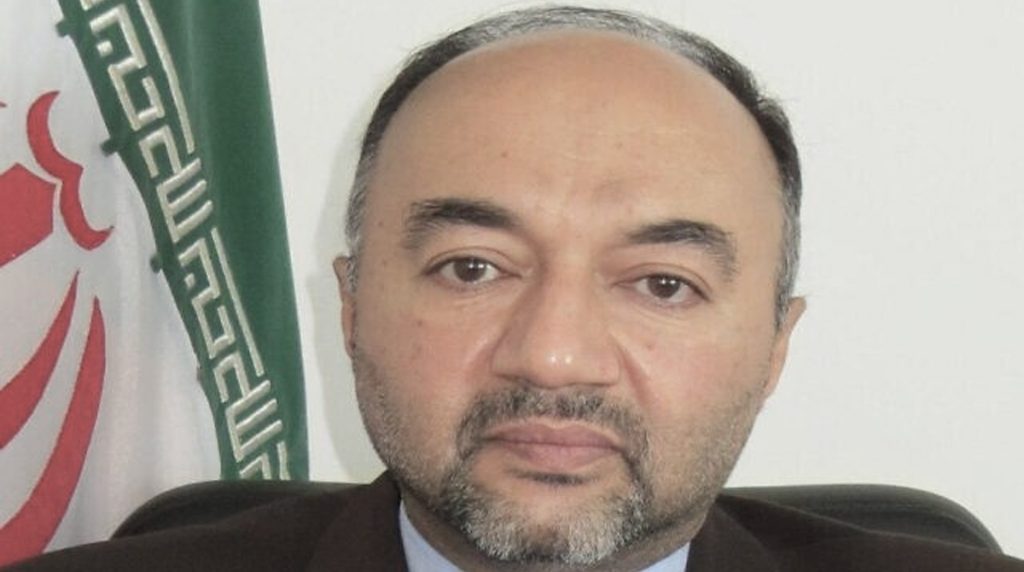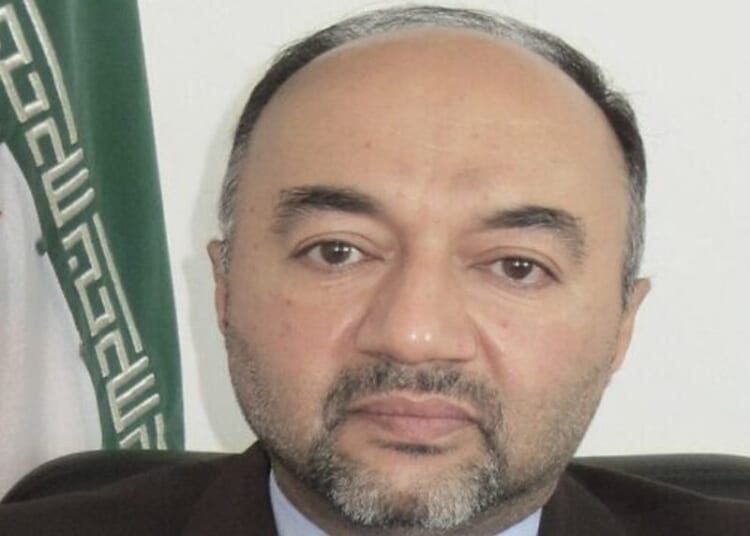
The United Arab Emirates has a new Envoy, and he has experience. After 7 years of stalemate, Reza Ameri is the man selected by Tehran to serve as its representative in Riyadh as the Saudi government forms a new alliance with its once-mistrusted counterpart.
Ameri is no rookie and has served as Iran’s ambassador to Eritrea, Sudan, and Algeria. The news begins a new chapter in the Saudi-Iran relationship, and was announced by Iran’s IRNA in these terms:
“After some eight years, the Foreign Ministry has named Reza Ameri as the Islamic Republic of Iran’s new ambassador to the United Arab Emirates”
The Middle East is a big sandbox, often running through multiple cycles of economic, political, and military modifications, including diplomatic redefinitions of old problems. Not since the hostilities of 2016 have the two governments agreed to kiss and make up.
Enter China, with its own ambitions for global hegemony. It was Beijing that, in the absence of U.S. leadership, brought the two mortal enemies to the table. The CCP has been globe-hopping to forge strategic economic alliances in Africa, South America, and the Middle East. China needs oil and it has a lot of products to sell. But more importantly, it wants its currency to become the replacement for the dollar as the world’s standard.
In early March, the three nations met in Beijing to sign off on a trilateral commitment to cooperate. The first step would be diplomatic exchanges, i.e., establishing permanent offices in all three nations as a first milestone in a long-term, mutually beneficial relationship.
State visits are in the works and will follow with a lot of fanfare, posing, and dramatic pronouncements of goodwill. But can the multi-generational Sunni-Shia divide be narrowed? Can mortal enemies simply bury the axe, so to speak, and suddenly embrace one another in a new alliance, one that so far leaves the U.S. out in the cold?
Suddenly, Israel and the United States are caught standing outside their normal positions of political strength, dictating global relationships between regional powers. China has asserted itself and is openly challenging the dominant post-World War II foreign policy strength once belonging alone to the United States. Biden and Blinken have been truth-slapped with the reality that a strong China has replaced them as the world’s top foreign policy broker.
I believe the lyrics are, “There is a new kid in town.”











